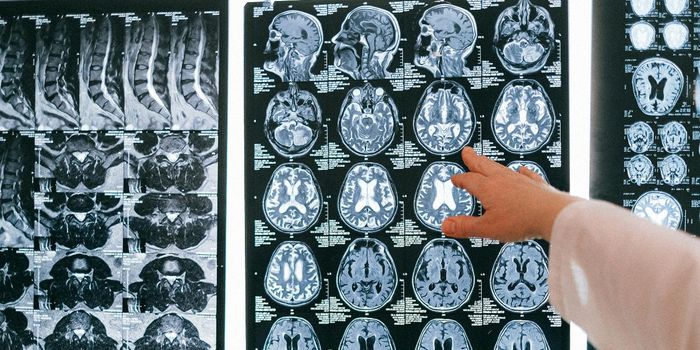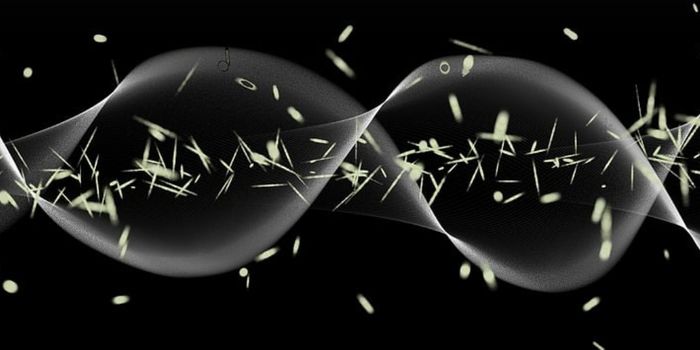Lonely People Process Fictional Characters Like Real Friends in the Brain
People who are lonely process their favorite TV characters similarly to real friends in their brains. The corresponding study was published in Cerebral Cortex.
Studies show that, like friends in real life, fictional characters can influence an individual’s attitudes, behaviors, and beliefs. For some, fictional characters may even stand in for real friends and provide feelings of belonging. While it is clear that parallels exist between real-life friends and fictional characters, it remains unknown whether- and to what degree- their neural representations are similar.
In the current study, researchers examined brain activity from 19 self-described fans of the HBO TV series ‘Games of Thrones’ via fMRI while they thought about themselves, nine real-life friends or acquaintances, and nine fictional characters from the show.
During the experiment, the participants were shown a series of names- sometimes their own, sometimes that of a friend, and other times that of a character from Game of Thrones. The names were shown above a trait such as ‘sad’, ‘trustworthy’, or ‘smart’, and the participants responded ‘yes’ or ‘no’ to indicate whether the trait described the person in question. The participants also reported which character from Games of Thrones they felt closest to and liked the most.
The researchers then assessed differences in neural representation when thinking about friends and fictional characters. In particular, they focused on data from the medial prefrontal cortex (MPFC), which shows increased activity when people think about themselves or others. Ultimately, they found that real friends were represented distinctly from fictional characters in the MPFC among people who were not lonely. However, among those who were lonely, neural representations of fictional characters more closely resembled those of real-world friends.
“These results suggest that lonelier individuals may turn to fictional characters to meet belongingness needs, and this, in turn, alters the manner in which these categories are encoded within the social brain,” wrote the researchers in their paper.
They noted, however, that even the least lonely participants exhibited more 'real-friend' brain activity when thinking of their favorite Game of Thrones characters compared to those less favored. Dylan Wagner, co-author of the study and associate professor of psychology at The Ohio State University, said in a press release: “Your favorite characters are more real to you, regardless of loneliness.”
Sources: Neuroscience News, Cerebral Cortex









